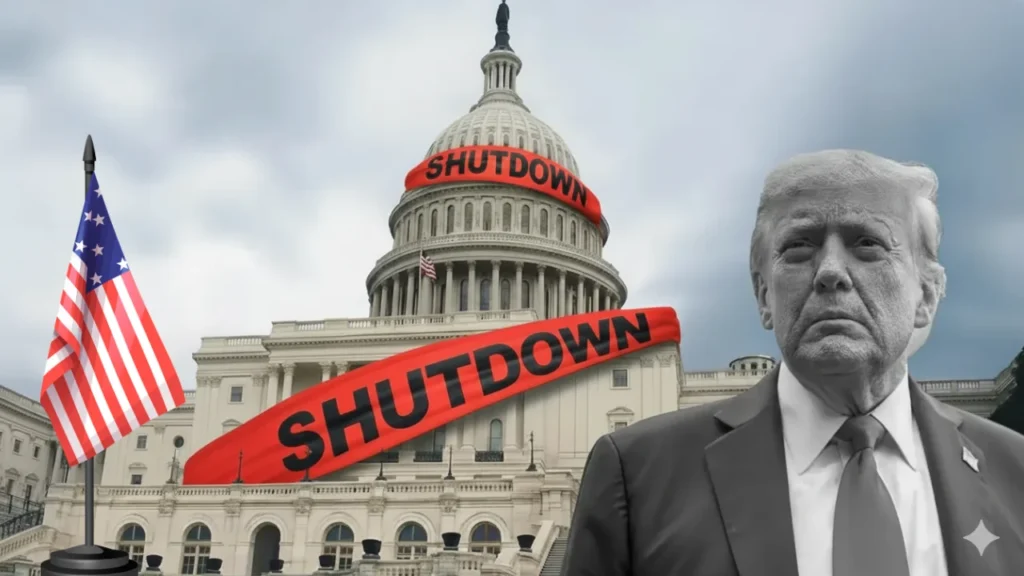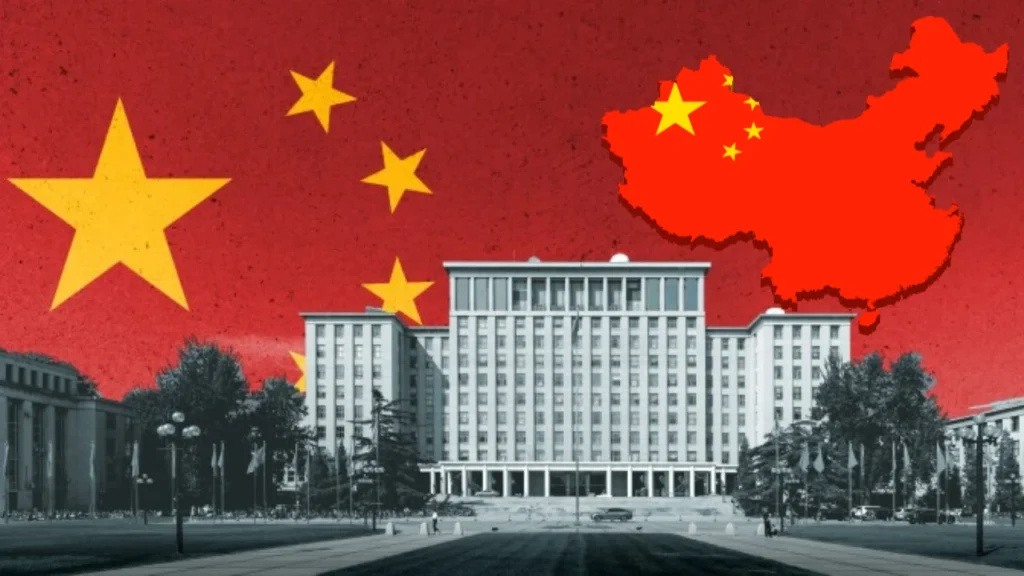The US government shutdown began when Democrats and Republicans hit a wall over funding the Affordable Care Act. Democrats insisted on extending health subsidies to prevent insurance premiums from crashing upward; Republicans refused to include those in the bill. With no compromise reached, federal funding expired and the shutdown kicked in.
Every single day that the shutdown continues costs about $400 million. That figure comes from the Congressional Budget Office. Federal contracts are stalled, services delayed, and research grants put on hold. Essential workers like border security staff, air traffic controllers, and military personnel are still on the job, but without pay. Meanwhile, some 750,000 federal employees have been furloughed.
Agencies handling civilian services paused many operations. They closed museums, national parks, and monuments, and suspended federal grant programs along with civil rights investigations. The education sector feels the impact as nearly 90 percent of the Department of Education workforce sits idle. Student aid and loan processing continue, but officials froze new grants and put investigations into school abuses on hold.
Air travel and safety oversight are under strain. Over 13,000 air traffic controllers are working without pay. The Department of Transportation furloughed thousands of employees. Airlines and unions warn that fatigue and delayed inspections could threaten safety. Officials also postponed crucial upgrades to the air traffic system.
Markets are jittery. Immediately after funding lapsed, major indices dropped. Global investors worry about disrupted economic data and delayed government reports. In 2018-19, a 35-day shutdown cost the US over $3 billion in lost GDP, and analysts caution that if this shutdown drags on, the economic blow could be far worse. Politically, both parties are blaming each other. Republicans argue Democrats are holding the government hostage with healthcare demands; Democrats accuse Republicans of neglecting basic governance. Voters generally reject shutdowns, but political posturing continues.
In past shutdowns, public frustration often forced a deal. This time too, that may be the pressure point. Some moderate senators have opened back-channel talks. But unless one side softens, the stalemate may persist with mounting economic damage and growing uncertainty for citizens, federal workers, and markets alike.





















